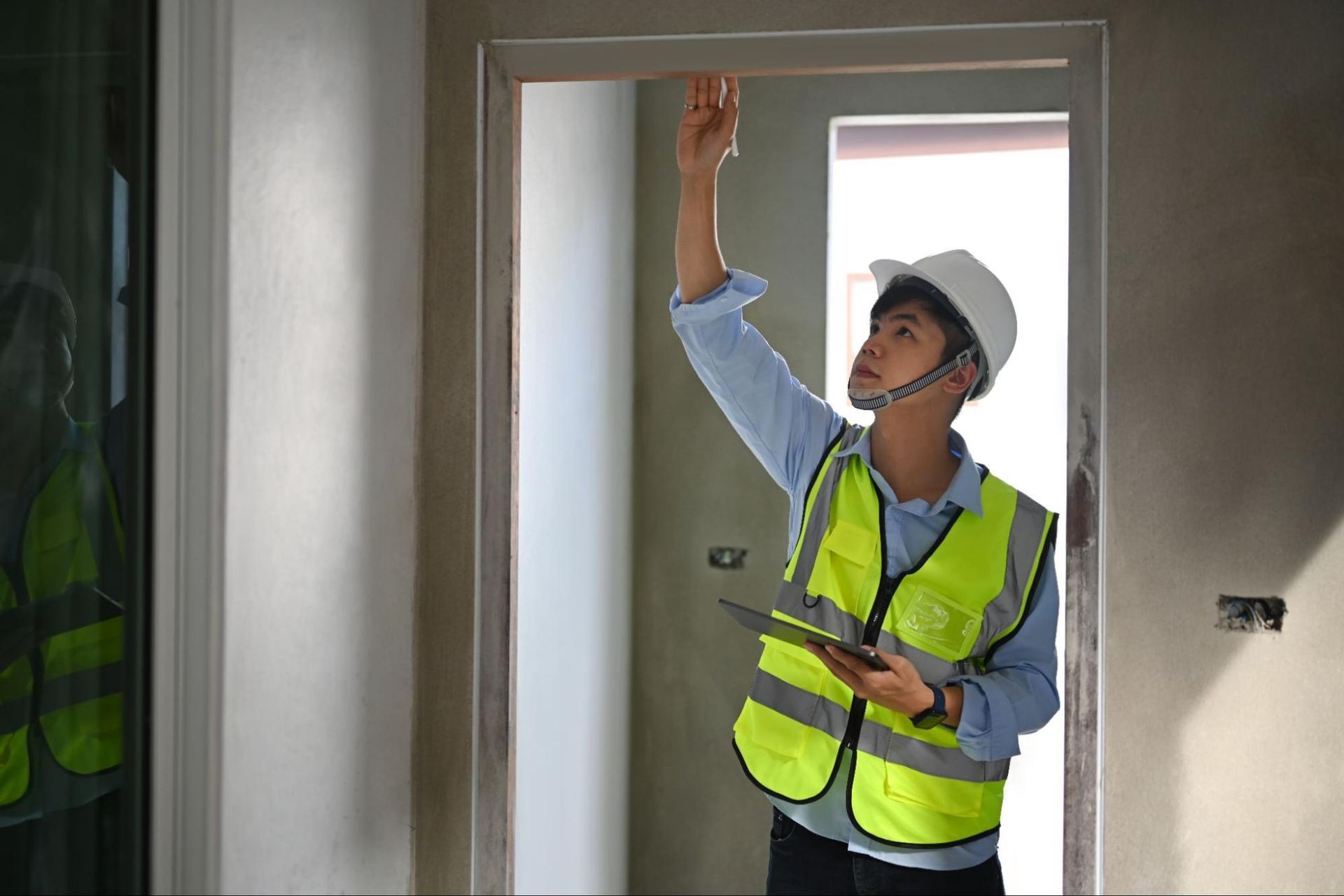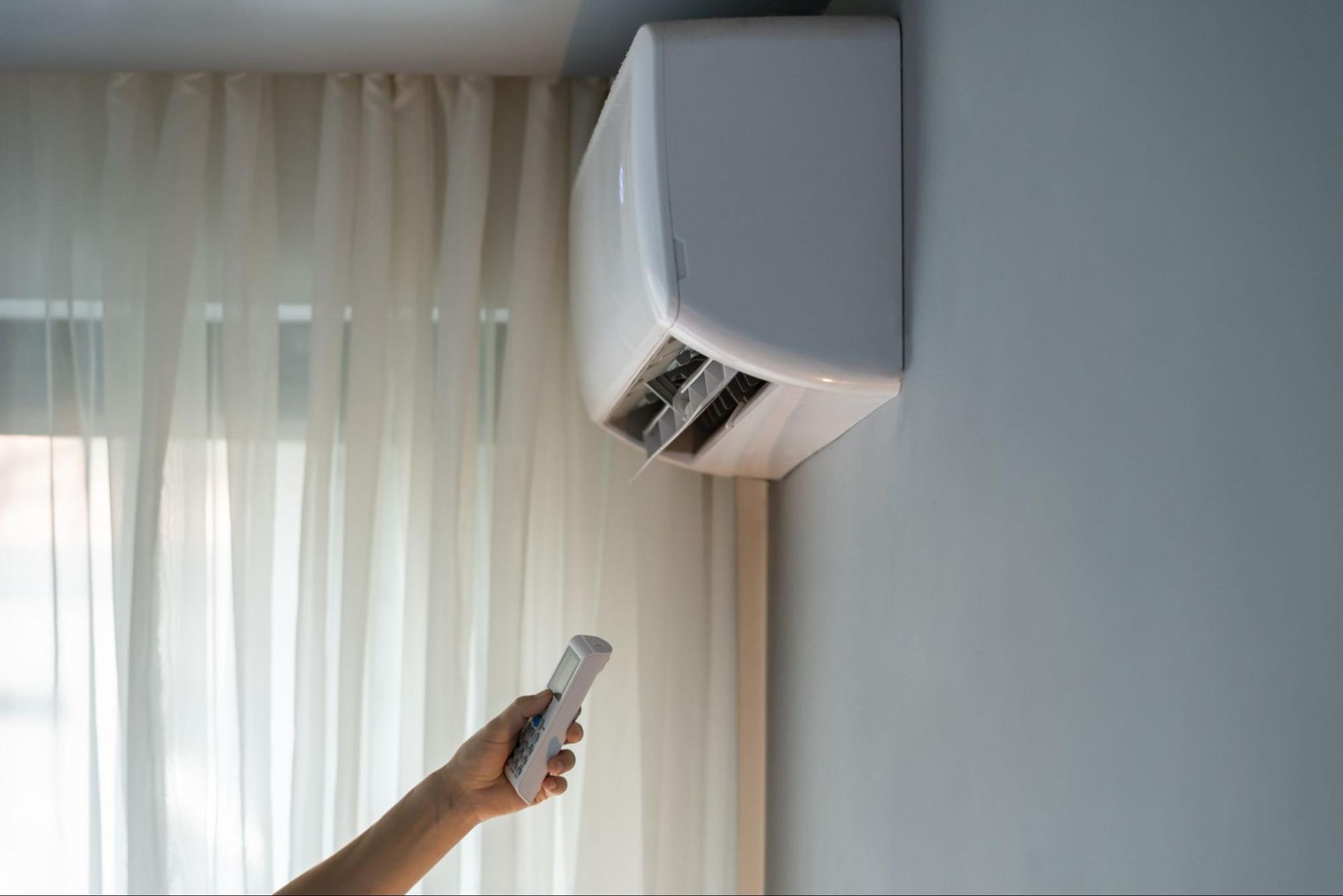Top Industries That Need ADA Inspections the Most for Compliance
With so much focus on being inclusive these days, getting a good grasp on the Americans with Disabilities Act (ADA) is super important. Some industries face unique challenges that can lead to some hiccups along the way, and that might result in unexpected costs and legal trouble.
Take hospitality, healthcare, and retail for instance.
These industries often see lots of visitors and have a wonderfully diverse range of customers. If they don't meet those ADA standards, it could mean not just fines but also potential harm to their reputation. As these sectors aim to offer warm and welcoming spaces for everyone, recognizing the value of ADA inspections is key to their ongoing success.
Overview of ADA Inspections
ADA inspections check if properties follow the Americans with Disabilities Act (ADA) standards. They spot accessibility issues and recommend improvements, helping facilities comply with legal requirements. Industries like hospitality, healthcare, and retail are often scrutinized due to their large number of visitors.
All public facilities must
comply with the ADA. Inspections cover areas like parking, entrances, and interior spaces to ensure individuals with disabilities can navigate safely.
Projects over $50,000 need to be registered for inspections before construction, governed by the
Texas Department of Licensing and Regulation (TDLR). Hiring qualified inspectors lowers the chances of non-compliance and potential fines.
ADA inspections help create inclusive environments, showing a commitment to serving diverse communities. Businesses that prioritize compliance improve their reputation and reduce litigation risks.
Using licensed inspectors for ADA assessments gives facility owners peace of mind. Accurate Home and Commercial Services offers thorough evaluations in Greater Houston, ensuring accessibility standards are met for everyone's benefit.
Key Industries Requiring ADA Compliance

Certain industries face heightened scrutiny regarding compliance with the Americans with Disabilities Act (ADA). Engaging in ADA inspections is crucial for businesses aiming to foster inclusivity and avoid penalties.
Healthcare Facilities
Healthcare facilities must prioritize ADA compliance to ensure that all patients access services without barriers. Inspections focus on evaluating entrance accessibility, restroom accommodations, and proper signage. Compliance not only enhances the patient experience but also mitigates risks associated with non-compliance, such as legal actions and loss of reputation.
Educational Institutions
Educational institutions require ADA compliance to make learning environments accessible for all students. Inspections assess various elements, including ramps, signage, and classroom layouts. Providing equal access fosters an inclusive educational experience, increases enrollment opportunities, and upholds the institution's commitment to diversity.
Hospitality Sector
The hospitality sector, including hotels and restaurants, must meet ADA standards to accommodate diverse guests. Inspections evaluate guest room accessibility, parking facilities, and common areas. By ensuring ADA compliance, these businesses attract a broader customer base and enhance their reputation as inclusive destinations.
Retail Businesses
Retail businesses, especially those with high foot traffic, must adhere to ADA guidelines to ensure all customers can shop comfortably. Inspections assess access to entrances, checkout counters, and aisles for mobility. Adopting ADA compliance strategies attracts more customers and avoids potential legal issues while promoting a welcoming shopping environment.
Importance of ADA Inspections
ADA inspections ensure compliance with accessibility standards, effectively reducing liability for businesses. These inspections identify potential accessibility issues, providing actionable recommendations for improvements. Understanding the significance of ADA compliance is particularly crucial in industries with high foot traffic.
Legal Implications
Legal consequences arise from non-compliance with the ADA, potentially including fines and lawsuits. Organizations that fail to meet accessibility standards risk reputational damage and costly legal disputes. All public accommodations must ensure compliance, and an ADA inspection serves as a proactive measure to avoid these significant legal risks.
Enhancing Accessibility
Enhancing accessibility creates a more inclusive environment for all individuals. ADA inspections assess entrances, exits, and other critical features, ensuring safe access for everyone. Implementing inspection recommendations fosters a welcoming atmosphere, ultimately benefiting both the business and its clientele. Prioritizing ADA compliance enhances customer satisfaction and loyalty in competitive markets.
Challenges in Compliance

Navigating compliance with the Americans with Disabilities Act (ADA) poses significant challenges for various industries. Understanding these obstacles helps businesses take proactive measures to foster inclusivity.
Common Barriers
- Limited awareness about ADA requirements often hinders compliance.
- Employees may lack training on accessibility standards, leading to insufficient accommodations for individuals with disabilities.
- Physical barriers, such as narrow doorways and inadequate signage, prevent easy navigation in facilities.
- Outdated building designs may not meet current accessibility stipulations, further complicating compliance efforts.
Strategies for Improvement
- Training staff on ADA standards enhances awareness and promotes compliance.
- Conducting regular accessibility audits identifies potential issues and prioritizes necessary adjustments.
- Engaging experienced inspectors ensures thorough evaluations, addressing compliance gaps effectively.
- Investing in accessible design during renovations or new constructions mitigates challenges and fosters an inclusive environment.
Adopting these strategies aids industries in overcoming compliance challenges and enhances customer experiences.
Conclusion
Prioritizing ADA compliance is essential for industries like hospitality, healthcare, and retail. These sectors not only face unique challenges but also have a significant opportunity to enhance their reputations through inclusivity. By conducting thorough ADA inspections, businesses can identify and address accessibility issues before they lead to legal complications.
Engaging qualified inspectors ensures that facilities meet necessary standards while fostering a welcoming environment for all customers. Investing in accessibility not only mitigates risks but also improves customer satisfaction and loyalty. As industries continue to evolve, a commitment to ADA compliance will remain a crucial element in building a more inclusive society.
Frequently Asked Questions
What is the purpose of ADA inspections?
ADA inspections evaluate properties for compliance with the Americans with Disabilities Act standards. They identify potential accessibility issues and provide recommendations for improvements to ensure safe navigation for individuals with disabilities.
Why is ADA compliance important for businesses?
ADA compliance is crucial for businesses as it helps avoid financial penalties and legal repercussions. By ensuring accessibility, businesses demonstrate their commitment to inclusivity, enhance their reputation, and attract a broader customer base.
Which industries need to prioritize ADA compliance?
Industries like hospitality, healthcare, retail, and education need to prioritize ADA compliance due to their high foot traffic and diverse customer base. Each of these sectors faces unique challenges that demand attention to accessibility.
What are common barriers to ADA compliance?
Common barriers include limited awareness of ADA requirements, inadequate employee training, physical obstacles, and outdated building designs. Addressing these issues is vital for creating accessible environments.
How can businesses improve their ADA compliance?
Businesses can improve ADA compliance by conducting regular accessibility audits, providing staff training on ADA standards, and engaging experienced inspectors to address compliance gaps. Investing in accessible design during renovations is also recommended.











